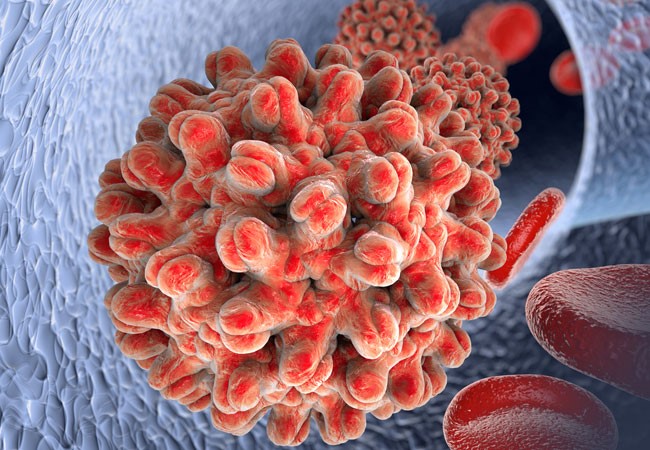Hepatitis B is the world’s most frequent severe liver infection. Hepatitis B is an infection caused by the hepatitis B virus, which assaults and damages the liver. Two billion people (or one in every three) have been infected with hepatitis B, and about 300 million people have chronic hepatitis B. Hepatitis B kills up to one million people per year, regardless of the fact that it is avoidable and treatable.
Hepatitis B is spread by coming into touch with infected blood or body fluids. Because of the blood exchange that occurs between mother and baby after birthing, the virus is most typically transferred from an infected pregnant woman to her infant. It can also be spread via sharing personal objects including razors, toothbrushes, nail clippers, and body jewellery, as well as unsterile medical or dental equipment, unprotected intercourse, or unsterile needles.
Hepatitis B is known as a “silent epidemic” since most persons who are newly infected or have been infected for a long time do not show any symptoms. As a result, individuals may inadvertently spread the virus to others, contributing to hepatitis B’s quiet spread. People who are persistently infected but have no symptoms are nevertheless having their livers silently damaged, which can lead to catastrophic liver disease like cirrhosis or liver cancer.
Hepatitis B can be prevented and treated, which is good news. Hepatitis B infection can be diagnosed with a simple blood test. Only testing can determine whether or if you are affected. Hepatitis B can be prevented with a safe vaccine. A chronic hepatitis B infection can be managed with efficient pharmacological therapy or you could also take Chinese medicine that protects your liver such as Proganic (保肝寧B型肝炎中藥馬來西亞).

Your Liver and the Hepatitis B Virus
The liver is such a vital organ that if it totally shuts down, we can only survive for one or two days; if the liver fails, the rest of your body will collapse as well. Even when up to 80% of the liver is damaged or gone, the liver can still function. This is due to its incredible ability to regenerate – or build – itself from healthy liver cells that are still present.
Your liver is the engine of your body. It takes care of a slew of important tasks to ensure that everything operates smoothly:
- Vitamins, sugar, and iron are stored in this organ to aid in the energy production of your body.
- Helps to clear your blood of waste products, medications, and other dangerous things by controlling cholesterol formation and removal
- Produces clotting factors in order to control excessive bleeding following wounds or injuries.
- To fight infection, it produces immunological factors and eliminates microorganisms from the blood.
- Helps digestion and absorption of vital nutrients by releasing a material termed “bile.”
The word “hepatitis” literally means “liver inflammation.” As a result, “hepatitis B” refers to liver inflammation driven by the hepatitis B virus. Individuals suffering from chronic hepatitis B infection may expect to live a long and healthy life if they are diagnosed early and receive adequate follow-up medical care.


